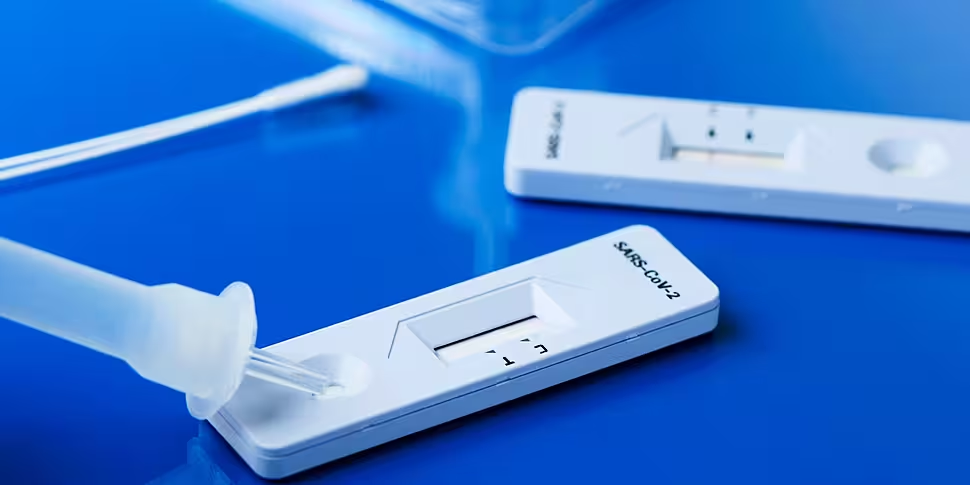The "cumbersome" antigen testing system for primary schools needs to be streamlined, an immunology expert says.
As of this week, parents of children who've been a close contact in school can be sent a pack of free antigen tests.
It will apply to either an individual 'pod' or an entire class, depending on how many cases are detected in a class in a seven-day period.
A principal will inform parents of a confirmed case, and parents can then call a freephone HSE number to order the tests.
When the tests arrive by post, parents are then asked to test their child three times - once every second day.
While the reintroduction of close contact testing in schools has been welcomed, there are concerns that parents will only get the tests '1 or 2 business days' after ordering them.
On The Pat Kenny Show, Professor Paul Moynagh - director of The Kathleen Lonsdale Institute for Human Health Research at Maynooth University - says the current system is "at best very cumbersome".
He observed: "We’re ending up in a situation where principals are doing the public health now within schools.
“Even when parents ring up the [HSE] helpline and request the antigen tests to be sent out… I think they’re sent out within two days. What is a parent supposed to do within that time?
“Anecdotally, I know some parents are going out and buying their own rapid antigen tests to do them on the children."
He said he believes the system now needs to be more streamlined to make sure it's more effective and efficient.
That could involve providing schools with a stock of rapid tests so they can be given directly to children and parents as needed.
Overall, Prof Moynagh believes the introduction of antigen testing in schools is a positive development - but one that could have been introduced back in September, rather than the controversial decision to halt contact tracing in primary schools.
The immunologist said he believes using rapid testing can help keep asymptomatic children in school, as it provides the "real-time information" needed.









